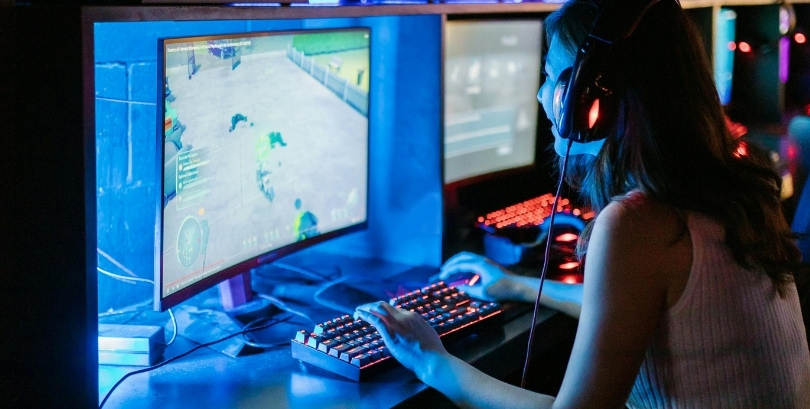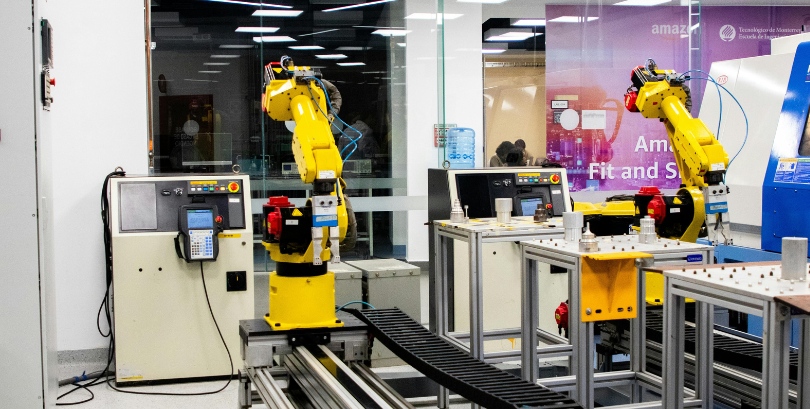Entertainment
How Digital Media Can Fuel the Manosphere and Toxic Masculinity in Young Minds

The internet, a powerful tool for connection and learning, also harbors darker corners. One such space, often referred to as the “manosphere,” has gained increasing attention for its misogynistic ideologies and potential to negatively influence young men’s perceptions of women. While not a monolithic entity, the manosphere broadly encompasses online forums, websites, and social media accounts that often promote narratives centered on male supremacy, female inferiority, and resentment towards women. Understanding how digital media facilitates the spread of these ideas and their potential impact on young boys is crucial.
Digital media, with its inherent characteristics of anonymity, virality, and algorithmic amplification, creates a fertile ground for the manosphere to take root and spread its tendrils. Here’s how:
- Anonymity and Lack of Accountability: The relative anonymity afforded by the internet allows individuals to express extreme and often hateful views without the social repercussions they might face in real life. This lack of accountability emboldens users to propagate misogynistic content and engage in toxic discussions, creating an environment where such ideas can fester and normalize.
- Algorithmic Amplification and Echo Chambers: Social media algorithms are designed to maximize user engagement. This often leads to the creation of “echo chambers” where individuals are primarily exposed to content that aligns with their existing beliefs. If a young boy starts engaging with content related to male grievance or anti-feminist sentiments, algorithms can inadvertently push more extreme content his way, reinforcing and intensifying these negative viewpoints. He may rarely encounter dissenting opinions or balanced perspectives, leading to a skewed understanding of gender dynamics.
- The Illusion of Community and Validation: For young boys who may feel isolated, insecure, or confused about their identity and relationships with girls, the manosphere can offer a false sense of belonging and validation. These online communities often present themselves as supportive spaces where men can express their frustrations and find solidarity. However, this “support” is often rooted in shared resentment towards women and the reinforcement of harmful stereotypes. The allure of being “understood” can be powerful, drawing vulnerable young minds deeper into these toxic ideologies.
- The Spread of Misinformation and Conspiracy Theories: The manosphere often peddles misinformation and conspiracy theories about women, feminism, and societal power structures. These narratives can range from claims of female manipulation and inherent irrationality to elaborate theories about a “war on men.” Repeated exposure to such content, presented as factual within these online communities, can distort a young boy’s understanding of reality and fuel distrust and animosity towards women.
- The Normalization of Toxic Masculinity: The manosphere frequently promotes a narrow and harmful definition of masculinity that emphasizes dominance, aggression, emotional suppression, and the objectification of women. Young boys navigating their own understanding of what it means to be a man can be easily influenced by these narratives, leading them to believe that these toxic traits are desirable or even necessary for male identity. This can manifest in disrespectful behavior, objectification, and a lack of empathy towards women.
- Exposure to Aggressive and Violent Content: Some corners of the manosphere can be breeding grounds for violent rhetoric and the glorification of aggression towards women. Repeated exposure to such content can desensitize young boys to the severity of gender-based violence and potentially normalize harmful attitudes and behaviors.
The Impact on Young Boys:
The consequences of this digital indoctrination can be profound and damaging:
- Distorted Perceptions of Women: Young boys exposed to manosphere content may develop negative and inaccurate stereotypes about women, viewing them as manipulative, inferior, or deserving of mistreatment.
- Difficulty Forming Healthy Relationships: These distorted perceptions can hinder their ability to form healthy, respectful, and equitable relationships with girls and women.
- Internalized Misogyny: They may internalize misogynistic beliefs and attitudes, leading to self-destructive behaviors and a perpetuation of harmful gender dynamics.
- Increased Risk of Harmful Behavior: In extreme cases, exposure to radicalized content within the manosphere can contribute to real-world harm and violence against women.
Addressing the Challenge
Combating the influence of the manosphere and its toxic impact on young boys requires a multi-faceted approach:
- Media Literacy Education: Equipping young people with critical thinking skills and the ability to analyze and evaluate online content is crucial. They need to understand how algorithms work, identify misinformation, and recognize manipulative tactics.
- Open and Honest Conversations: Parents, educators, and mentors need to create safe spaces for young boys to discuss their feelings, anxieties, and the messages they encounter online. Challenging harmful stereotypes and promoting respectful attitudes towards women is essential.
- Promoting Positive Role Models and Narratives: Highlighting examples of healthy masculinity, respectful relationships, and gender equality in media and popular culture can provide positive alternatives to the toxic narratives prevalent in the manosphere.
- Platform Accountability: Social media platforms need to take greater responsibility for moderating harmful content and preventing the spread of misogynistic ideologies. This includes refining algorithms to avoid amplifying toxic content and enforcing clear community guidelines.
- Building Supportive Online Communities: Creating and promoting online spaces that foster healthy discussions about masculinity, relationships, and gender equality can offer positive alternatives to the negative environments of the manosphere.
The digital landscape presents both opportunities and challenges. While it connects us in unprecedented ways, it also allows harmful ideologies to spread rapidly. Recognizing the potential for the manosphere to negatively influence young boys’ perceptions of women and taking proactive steps to counter its impact is vital for fostering a more equitable and respectful future. We must equip young minds with the critical thinking skills and positive influences they need to navigate the digital world and build healthy relationships based on respect and equality.
Tags:
Digital MediaAuthor - Aiswarya MR
With an experience in the field of writing for over 7 years, I find my passion in writing for various topics including technology, business, creativity, and leadership. I have contributed content to hospitality websites and magazines. Currently looking forward to improving my horizon in technical and creative writing.


